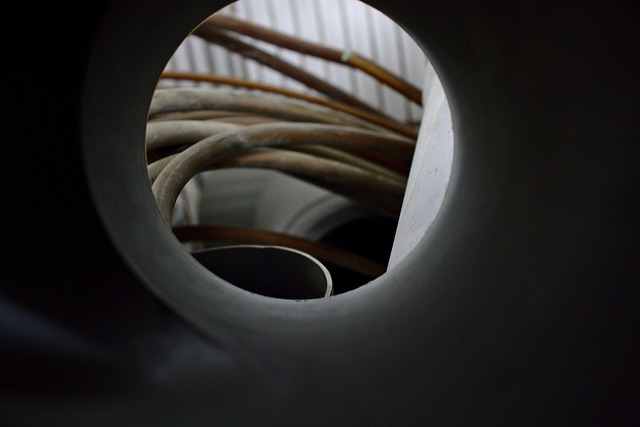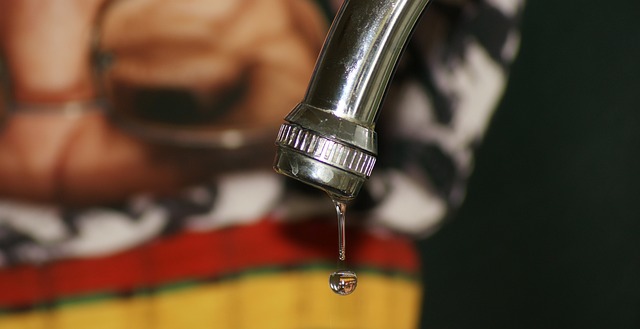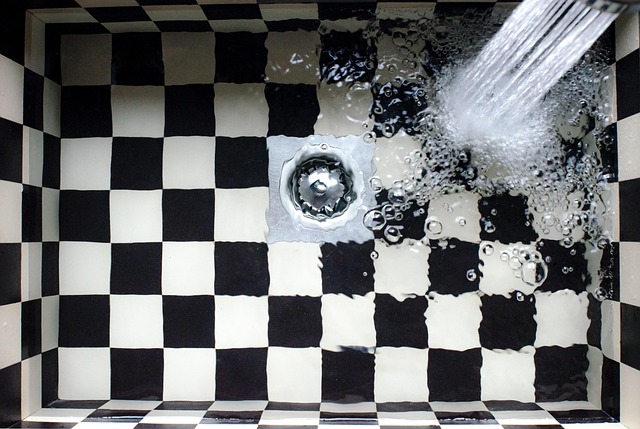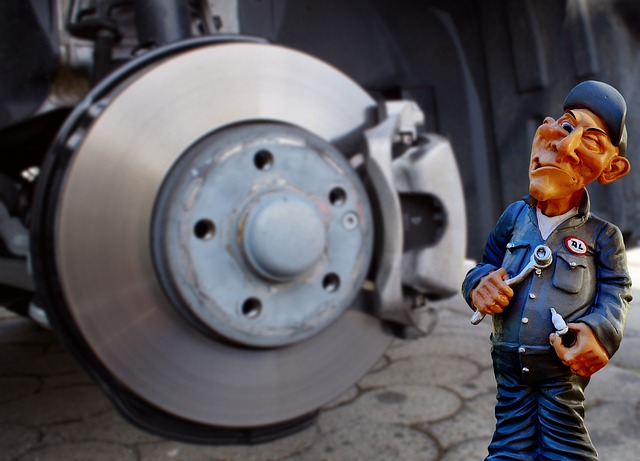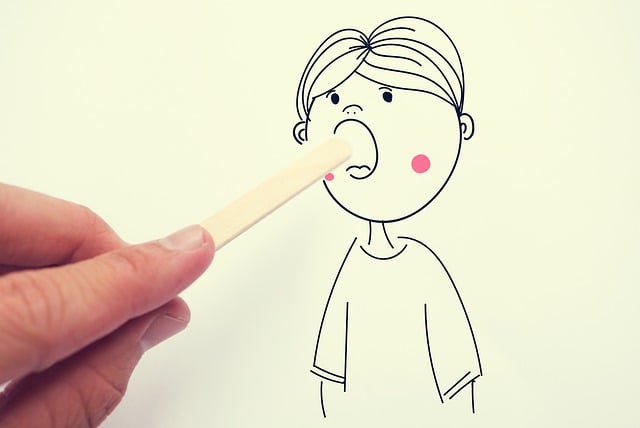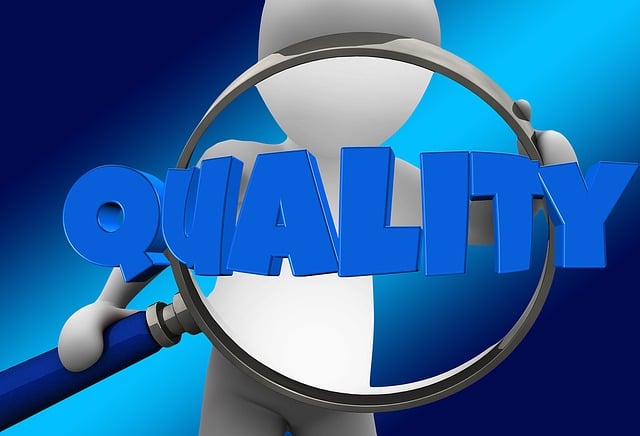Regular plumbing maintenance, focusing on regular inspections, sediment removal, and fixture replacement, is essential for preventing leakage and maintaining optimal water pressure. Professional plumbers use advanced technologies to detect blockages early, saving money and minimizing disruptions. By integrating these practices into your routine, you can extend the lifespan of your plumbing system, ensure efficient water flow, and avoid costly repairs.
“Regular sewer line inspections are a crucial aspect of comprehensive plumbing maintenance. This article delves into the significance of proactive measures to prevent costly blockages and leaks. We explore essential plumbing tips for homeowners, focusing on leak prevention through regular check-ups and identifying water pressure issues.
Learn effective strategies for sediment removal, a common cause of clogs, and discover when fixture replacement is necessary. By understanding these key aspects, you can ensure your home’s plumbing system remains efficient and trouble-free.”
- Understanding the Importance of Regular Sewer Line Inspections
- Plumbing Maintenance Tips for Preventing Blockages and Leaks
- How to Identify and Address Water Pressure Issues
- Effective Strategies for Sediment Removal and Fixture Replacement
Understanding the Importance of Regular Sewer Line Inspections
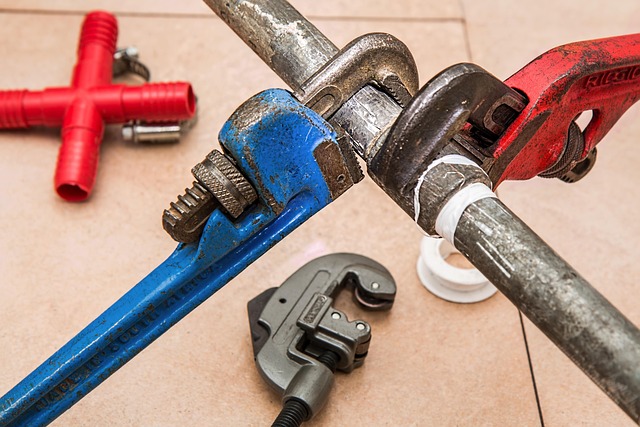
Regular sewer line inspections are an essential aspect of comprehensive plumbing maintenance tips. These routine checks play a pivotal role in leak prevention and ensuring optimal water pressure within your home or commercial property. By scheduling periodic inspections, homeowners can proactively address potential issues before they escalate into costly repairs or health hazards. Professional plumbers employ advanced technologies to navigate through the intricate labyrinthine of sewer lines, identifying blockages caused by sediment removal or even tree roots intrusion. This proactive approach not only saves money but also minimizes disruptions to your daily routine.
Moreover, regular inspections can help in detecting subtle signs of wear and tear, enabling timely fixture replacement. Keeping the sewer lines clear enhances overall plumbing system efficiency, ensuring that waste is efficiently removed while maintaining a consistent water pressure supply. Thus, integrating regular inspections into your plumbing maintenance regimen is a strategic move towards a smooth-running, reliable, and longevity-focused plumbing system.
Plumbing Maintenance Tips for Preventing Blockages and Leaks
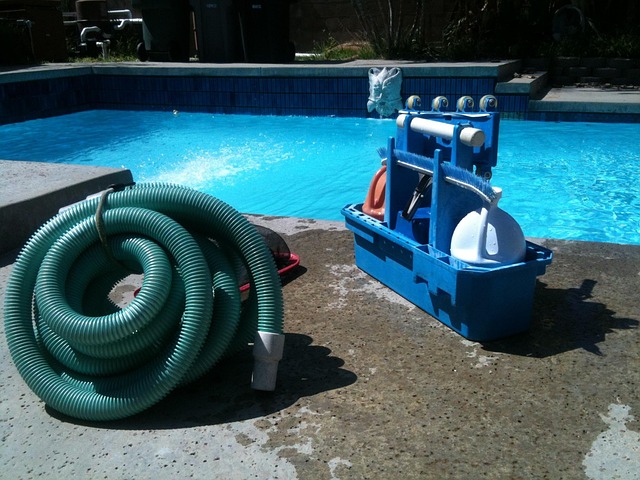
Regular plumbing maintenance is key to preventing blockages and leaks in your home’s sewer lines. One effective strategy is to schedule regular inspections to identify potential issues before they become costly problems. These checks can uncover clogs caused by built-up grease, tree roots, or debris, allowing for prompt removal. Additionally, monitoring water pressure and addressing any sudden changes can prevent damage to pipes and fixtures.
Another important aspect of plumbing maintenance tips is sediment removal. Sediments like sand, rust, and mineral deposits can accumulate over time, leading to reduced water flow and potential leak points. Regular cleaning keeps the system running smoothly. Furthermore, staying vigilant about fixture replacement is crucial. Old or damaged pipes, toilets, sinks, and appliances are more prone to leaks and blockages. Upgrading to modern, well-maintained fixtures contributes significantly to long-term plumbing health.
How to Identify and Address Water Pressure Issues

Water pressure issues can often indicate a problem within your sewer lines. One of the first signs to look for is low water pressure in your fixtures, such as a weak shower or slowly flowing taps. This could be caused by a number of factors, including blocked drains or pipes leading to sediment buildup. Regular inspections are key to maintaining optimal water pressure and preventing more severe issues.
When addressing water pressure problems, consider the following plumbing maintenance tips: first, check for any leaks in your pipes as these can reduce water pressure. If leaks are present, repair them promptly to avoid wastage and further complications. Additionally, regular sediment removal from your pipes is crucial, as built-up residue can restrict water flow. In some cases, fixture replacement might be necessary if the problem persists; outdated or damaged fixtures may not be able to regulate water pressure effectively.
Effective Strategies for Sediment Removal and Fixture Replacement
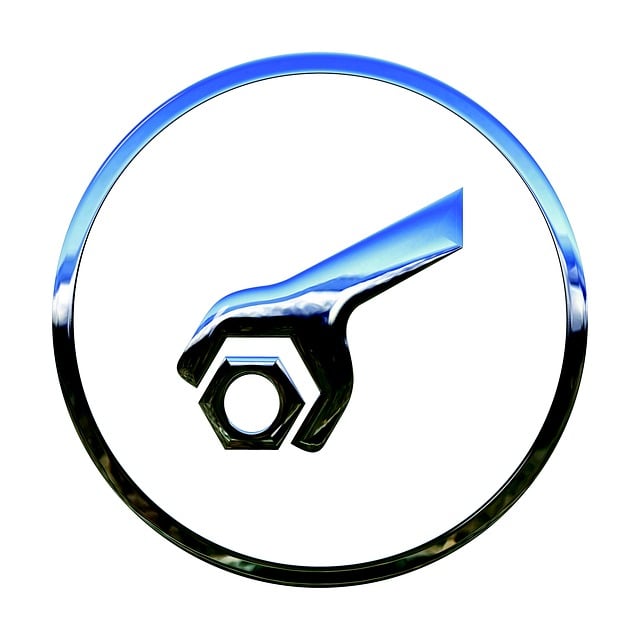
Regular inspections are a crucial part of plumbing maintenance tips, especially when it comes to sewer lines. During these checks, professionals can identify potential issues early on, preventing more serious problems that could lead to costly repairs or even water damage. One common challenge is sediment removal, as built-up debris can cause clogs and reduce water pressure. Effective strategies involve using specialized equipment like hydro jetting to clear out accumulated gunk, ensuring smooth flow.
Additionally, regular inspections facilitate timely fixture replacement. Over time, components within plumbing systems can deteriorate or become damaged, leading to leaks and inefficient operation. By replacing worn-out fixtures promptly, homeowners and property managers can avoid these issues. This proactive approach not only extends the lifespan of plumbing systems but also provides peace of mind, knowing that potential water wasters and damage sources are minimized through regular maintenance practices.








